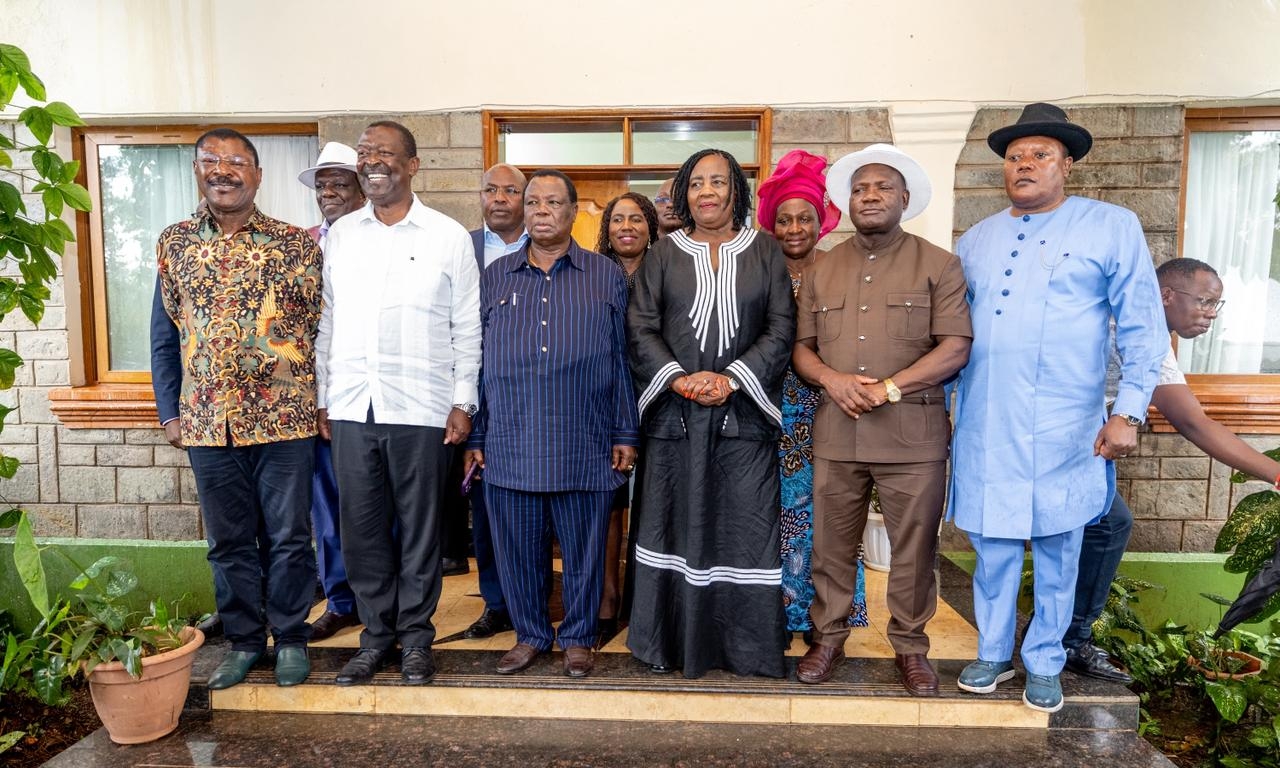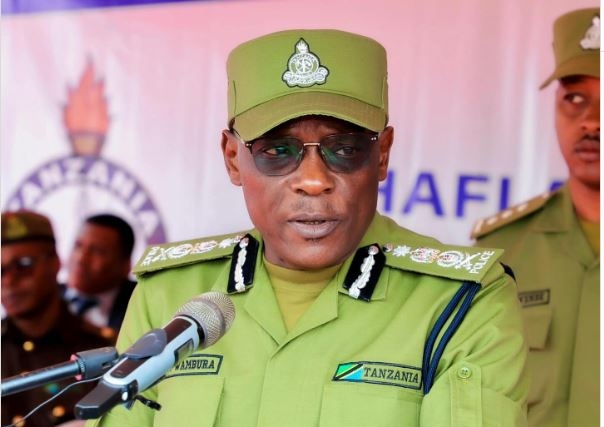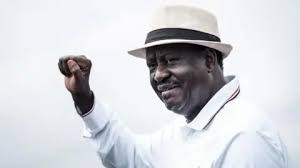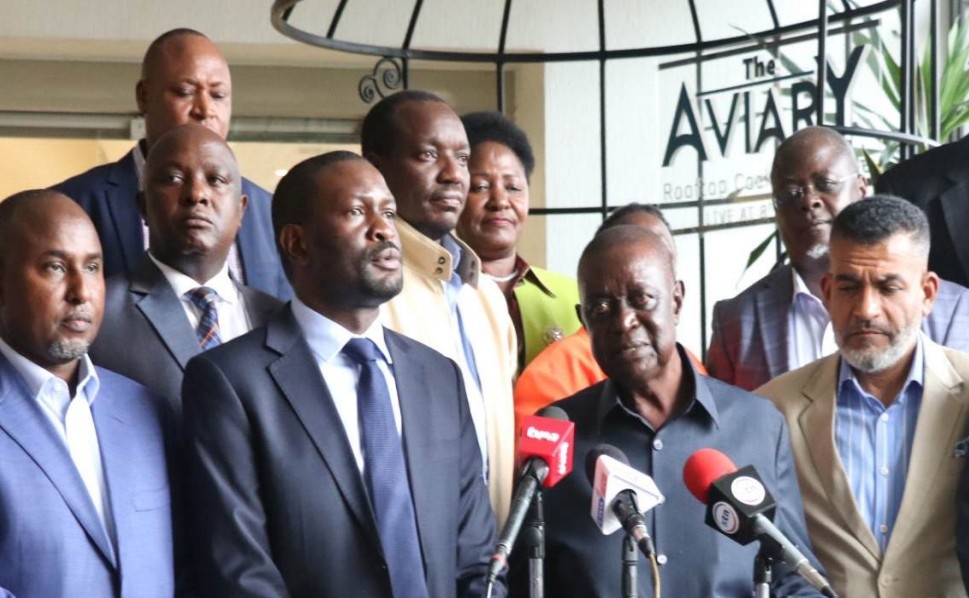US authorities have charged three Iranians with hacking Donald Trump's presidential campaign this year.
Prosecutors say Masoud Jalili, Seyyed Ali Aghamiri and Yasar Balaghi are members of Iran's Islamic Revolutionary Guard Corps who engaged in a "hack and leak" operation in a "deliberate attempt" to undermine an unnamed presidential campaign.
Last week US officials said Iranian hackers had tried to distribute stolen material from the Trump campaign to individuals linked to Joe Biden's re-election effort.
The trio are charged with 18 counts that include wire fraud, identity theft, and material support to a designated foreign terrorist organisation, as well as hacking-related charges.
In August, the Trump campaign said its internal communications were hacked by Iran. Iran officials denied involvement in the hack in a statement at the time.
A few days later, the Federal Bureau of Investigation confirmed that Iran was behind the infiltration of Trump's campaign.
In a statement issued with other US intelligence agencies, the FBI warned that Iran was trying to "stoke discord and undermine confidence in our democratic institutions."
The US intelligence agencies warned they had "observed increasingly aggressive Iranian activity during this election cycle".
Among the documents Iran is thought to have obtained from the Trump campaign is a dossier of research into vice presidential nominee JD Vance.
The dossier and other documents were sent to several major US news outlets, but were not widely distributed until Thursday when journalist Ken Klippenstein, who formerly worked for investigative outlet The Intercept, posted the Vance material on his blog.
Klippenstein, who said someone named "Robert" had offered him the dossier, was swiftly banned from X, formerly Twitter. In a statement the company said the journalist had violated rules against revealing personal information.
However, the document contained in his blog hosted on the Substack platform remained online.












